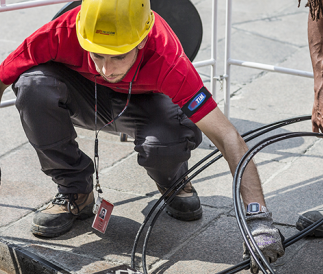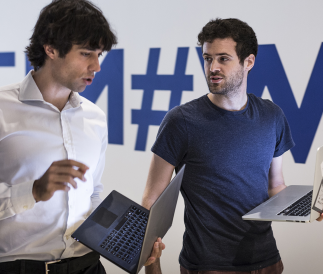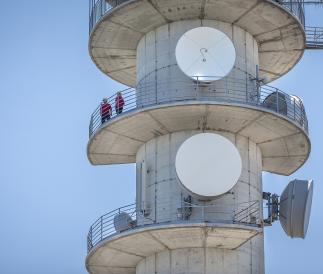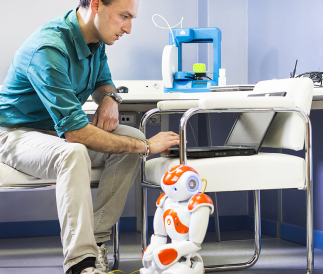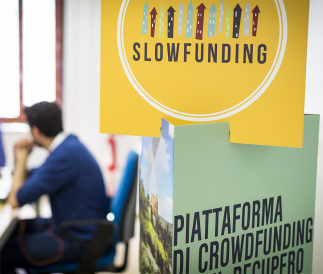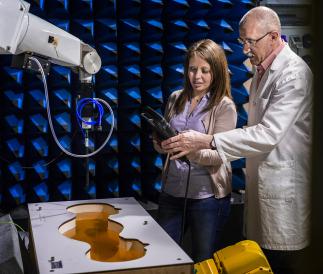Employment impact
The work market has entered what technicians in the sector do not hesitate to call the “fourth industrial revolution,” that is a set of transformations which, thanks to robotics, artificial intelligence, nanotechnologies, 3D printing, genetics and biotechnologies, are changing not only the business model, but also the number of workers and how the work force is used.
Fewer people and more machines, machines capable of independently managing almost the entire production chain, seems to be the path taken by the industrial world. The change in working methods obviously brings with it the need for new skills.
There are at least three industrial sectors in which advanced manufacturing is turning out to be a powerful lever in the relocation of jobs: the new industry of smart communication platforms, IT technologies, robotics, biotechnologies, healthcare products, new materials, nanotechnologies; “strategic” large manufacturing which is never outsourced: for example, the defence technology or aerospace industries; innovative services, in each sector where there is a demand for new products: from security to the environment, entertainment, marketing and finance. These are the very sectors TIM works in, and today, above all in the Italian context, it represents the reference operator in the journey towards innovation and digitisation since it launched that technological transformation process and internal organization processes. This transformation not only influences the Company but all the satellite activities that refer to it.
Counting both its own employees and its suppliers’ collaborators, the Group employs more than 100,000 people in Italy.




